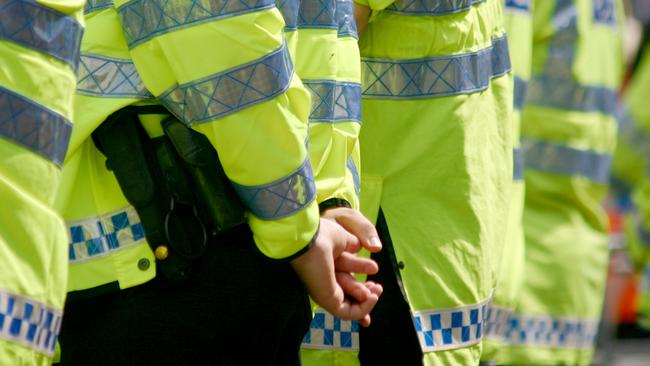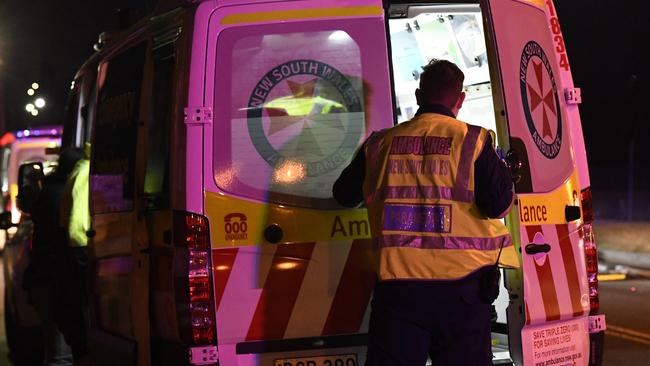Frontline workers deserve better support than this
Asking if friends and family members are okay is a good start for many, but those on the frontline and seeing the worst aspects of human behaviour need, and deserve, so much more, writes paramedic Paul Spinks.
Rendezview
Don't miss out on the headlines from Rendezview. Followed categories will be added to My News.
There is a significant issue with the lack of respect that we are showing as a community to first responders.
In Victoria we have the tragic news that four police officers have taken their own lives in the past week, while two paramedics who suffered long-term effects from a separate vicious assault watched on helplessly as their attacker was set free by the courts.
As a fellow first responder in the ambulance service, stories such as these are all too familiar. We spend our lives facing trauma and a high level of uncertainty of what we will face on every job we attend.
There is little wonder with the pressures faced that emergency services workers are six times more likely to reach that place of despair before anybody else in the community.
Mental health issues are rife throughout the services and with the dangers of doing the ‘job’ ever increasing, something must change before we lose more lives.
RELATED: Mental health crisis in emergency services after several police suicides
Much more needs to be done to protect all emergency service personnel.
Those in charge of the services need to get proactive in dealing with the growing issues of mental health. The most common response at present is reactive, with assistance only provided once we self-present and put our hands up for help.
As emergency service workers we are regularly forced to deal with things that most people will not face in a lifetime.

Despite my added experience as a trauma counsellor, there are still countless jobs that I have attended which have caused me great grief and carved permanent images in my mind that are impossible to fully deal with.
It does not matter the job — a suicide, a stabbing, an horrendous car accident — or how rattled you feel when it is finished, you clear yourself and are dispatched onto the next one.
Now add to this the fear that comes with not knowing what to expect on every job you attend, despite the fact that you are there to help, keep the peace or put out a fire, in the back of your mind is that the there is a very chance of danger the moment you jump out the truck.
MORE FROM PAUL SPINKS: When it comes to mental health, our leaders are failing us
I have always believed that certain jobs should be classified in a way that you immediately are taken off the road and booked in the same day for a mandatory debrief with a psychologist. This would see that we ‘get in’ early to download those mental health files before they become massive mental monsters.
Preparing emergency services workers for what they will face on the job is also critical. It was only a few weeks ago when I was teaching Paramedicine at a university, discussing the impacts of mental health on the job, that one student made the statement: “you shouldn’t be in the job if you can’t handle it.”
When asked how she proposed to do that, she replied, “don’t take it home with you.”

Her naivety and immaturity were alarming as she was quickly reminded that there was one big issue with her thinking.
Not taking it home is not a choice, it’s part of being a human. All of us in the service will be taking trauma home and forever having it stored in our minds.
Something that all who enter the job need know and understand from day one.
Until we can get the balance right in the support of first responders, all of us in the job need to be mindful of looking after ourselves and to be looking out for each other.
All of us need to find the bravery to drop the “we are OK” facade, self-disclose and discuss our vulnerabilities with our colleagues and managers.
RELATED: Top cop to take action after three police deaths in four days
Outside of the services we need it known that it is unacceptable to attack those who have dedicated their lives to helping and protecting the community.
Our courts and politicians must send a loud message to the community that drug-induced psychosis and alcohol-fuelled violence are no excuse when endangering the safety and life of an emergency services worker.
It’s the least the brave men and women of the police, fire and ambulance services deserve.
Paul Spinks is a paramedic, trauma counsellor and mental health advocate.


